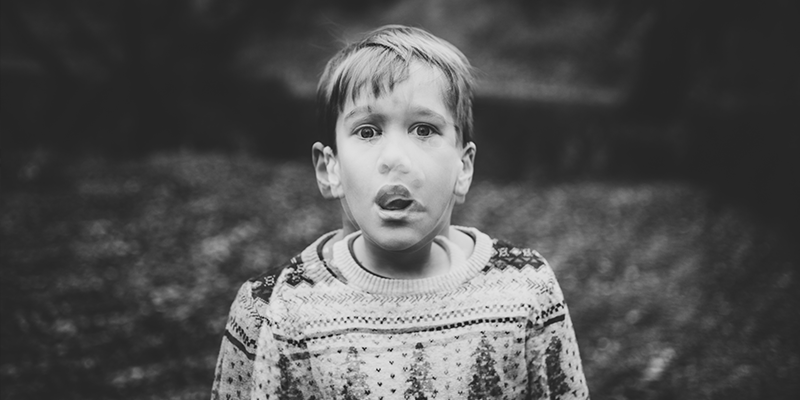
There are many things that can cause a child to wake up during the night. Most of these happen when children are overtired or under stress. Keeping your child on a regular sleep schedule may help prevent many of these problems. If your child’s sleep problems persist or get worse, talk with your child’s doctor.
Nightmares
Nightmares are scary dreams that often happen during the second half of the night when dreaming is most intense. Children may wake up crying or feeling afraid and may have trouble falling back to sleep.
What Parents Can Do
- Go to your child as quickly as possible.
- Assure her that you are there and will not let anything harm her.
- Encourage her to tell you what happened in the dream. Remind her that dreams are not real.
- Allow her to keep a light on if it makes her feel better.
- Once your child is ready, encourage her to go back to sleep.
- See if there is something that is scaring your child, like shadows. If so, make sure they are gone.
Night Terrors
Night terrors occur most often in toddlers and preschoolers and take place during the deepest stages of sleep. Deepest sleep is usually early in the night, often before parents’ bedtime. During a night terror, your child might:
- Cry uncontrollably
- Sweat, shake, or breathe fast
- Have a terrified, confused, or glassy-eyed look
- Thrash around, scream, kick, or stare
- Not recognize you or realize you are there
- Try to push you away, especially if you try to hold him
While night terrors can last as long as 45 minutes, most are much shorter. Most children fall right back to sleep after a night terror because they actually have not been awake. Unlike a nightmare, a child will not remember a night terror.
What Parents Can Do
- Stay calm. Night terrors are often more frightening for the parent than the child.
- Do not try to wake your child.
- Make sure your child cannot hurt himself. If he tries to get out of bed, gently restrain him.
- Remember, after a short time your child will probably relax and sleep quietly again. If your child has night terrors, be sure to tell babysitters what they are and what to do. If night terrors persist, talk with your child’s doctor.
Last Updated 10/18/2018
Source Sleep Problems in Children (Copyright © 2007 American Academy of Pediatrics, Updated 04/2013)
The information contained on this Web site should not be used as a substitute for the medical care and advice of your pediatrician. There may be variations in treatment that your pediatrician may recommend based on individual facts and circumstances.






